Materials Database
Materials Database
We offer a wide range of materials, including standard and specialty plastics, composite and metal filaments. Dive into our comprehensive materials database to discover its properties and specifications!
Standard Plastics

PLA
Polylactic Acid
PLA is a biodegradable, sustainable, and food-safe polymer derived from organic sources. It is the most commonly used filament in FDM 3D printers due to its ease of use and versatility, especially in applications that are not mechanically or thermally demanding. PLA is an excellent starting material for those learning about the 3D printing manufacturing process.
- Key features
- Water-soluble
- Compatible with PLA, Tough PLA, PET-G, TPU 98A, ABS, PA and PAHT CF15
- Fastest dissolution (easy to remove inside small parts)
- Less clogging issues
- Highly hygroscopic
Available Colours: Black, Grey, White, Red, Blue, Gold
- Applications
- Architectural mockups
- Aesthetic, concept models
- Investment casting molds
- Low mechanically demanding prototypes
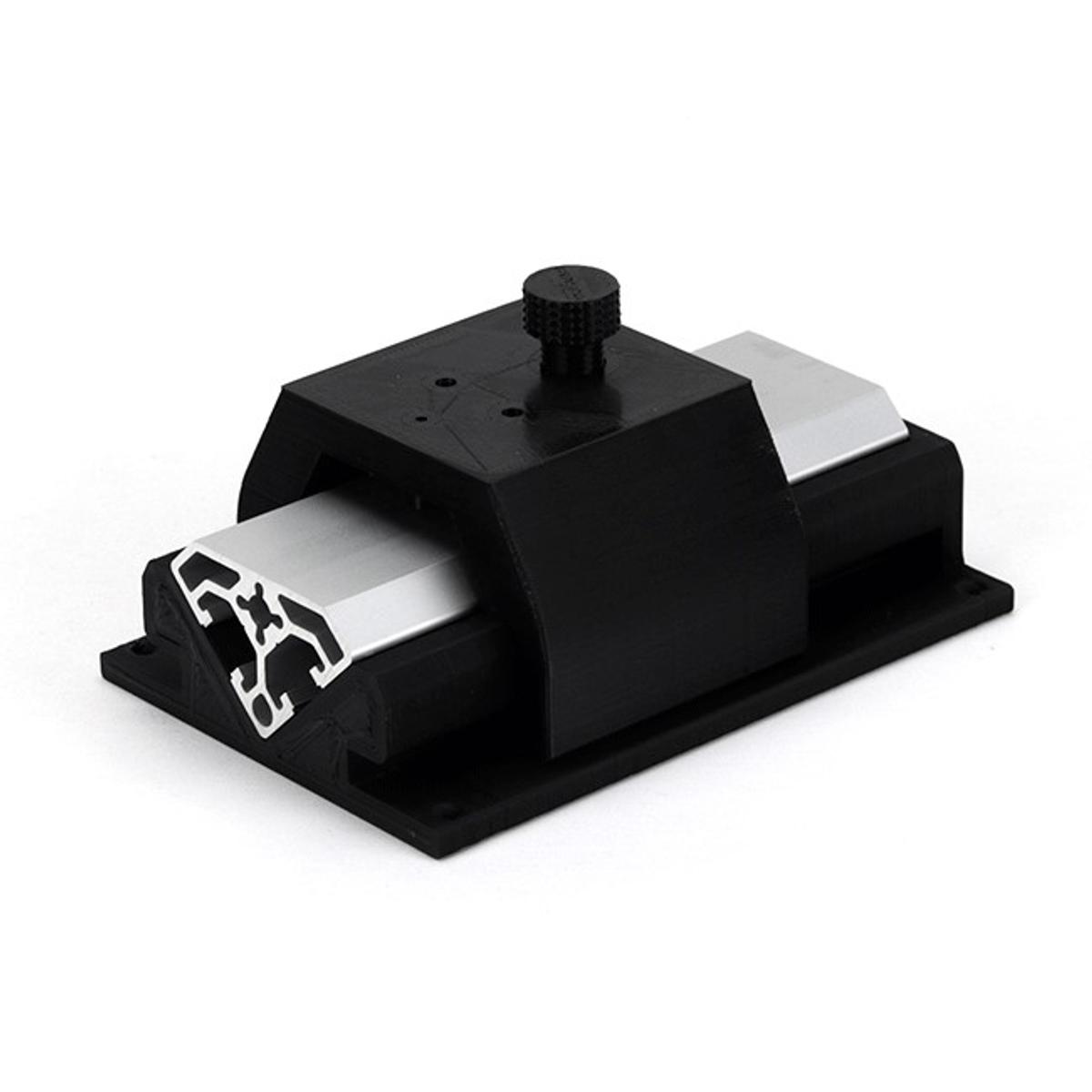
PET-G
Polyethylene Terephthalate Glycol-Modified
PET-G is a polyester thermoplastic characterized by a good balance of tensile strength and elongation at break. Its high resistance to water and chemicals makes it an ideal material for watertight containers and protective cases. PET-G is a versatile technical material that is as easy to print as PLA but offers improved mechanical, chemical, and thermal properties.
- Key features
- Resistance to corrosive chemicals
- Good balance of strength, impact resistance, and elongation at break
- Dimensional stability and toughness
- Glossy surface
- Abrasion resistance
- Water and moisture barrier
- Operating temperatures up to 70°C
- Low rate of ultrafine particles (UFP) and volatile organic compounds (VOC)
Available Colours: Black
- Applications
- Parts in contact with salts, acids and alkalis
- Functional prototypes and mechanical parts
- Waterproof applications
- Structural parts subject to mild stress
- Snap-fit joints
- Commonly used in beverage bottles
Specialty Plastics
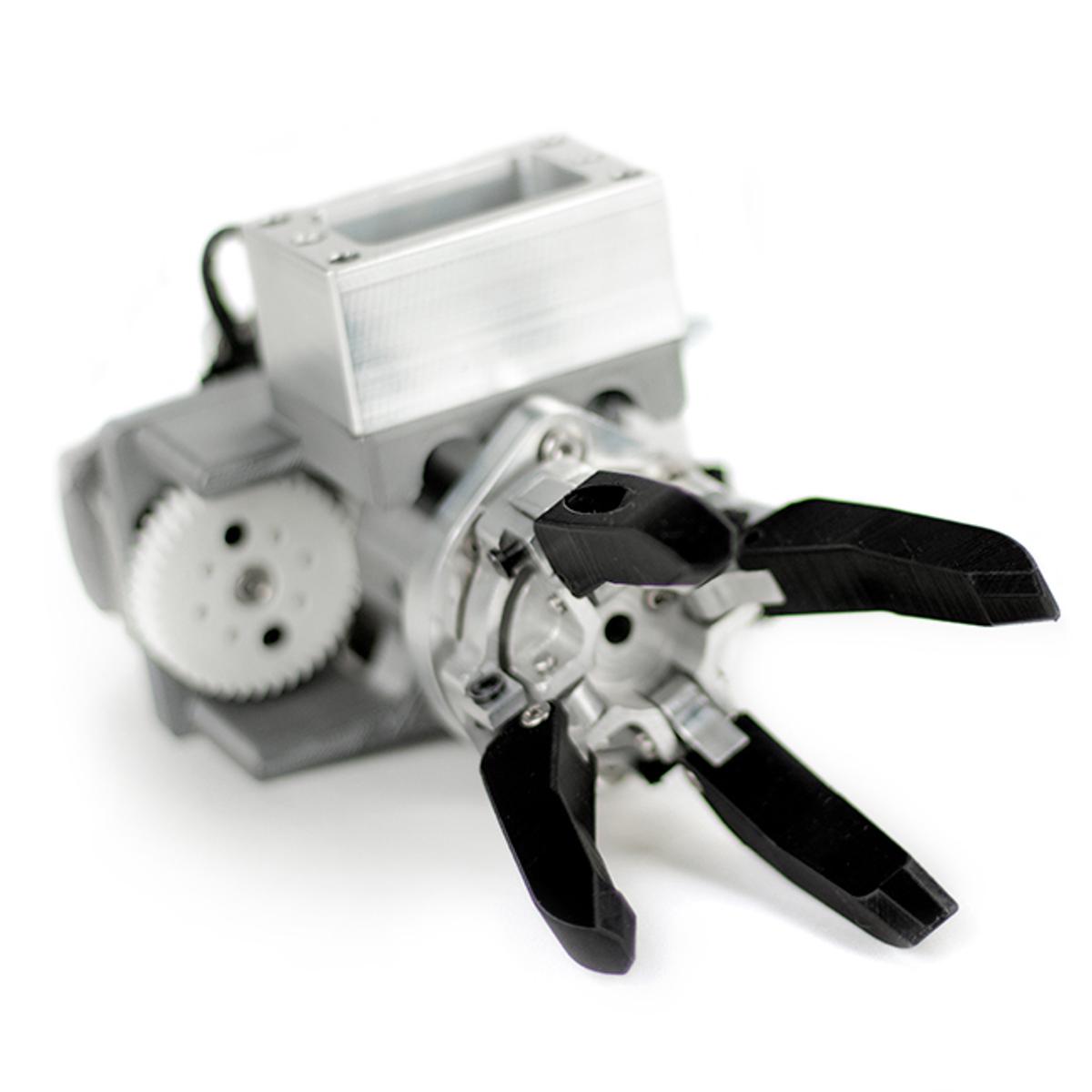
TPU
Thermoplastic Polyurethane
TPU is an elastomeric copolymer composed of alternating soft and hard segments, providing a unique combination of hardness and flexibility. This material is ideal for applications where both flexibility and durability are essential. TPU is a resilient choice for various industrial applications, offering both mechanical and chemical resistance. Additionally, it has been specially engineered to enhance the 3D printing experience.
- Key features
- Flexibility, rubbery behaviour
- High resistance to abrasion, wear and tear
- Resistance to oils and chemicals
- Impact resistance
- Maximum elongation of 450%
- Operating temperatures up to 60°C
Available Colours: Black
- Applications
- Industrial seals, gaskets, sleeves or hinges
- Soft-touch multi-material models or handles
- Flexible-joined multi-material models
- Protective cases Shoe soles, non-slip surfaces
- Springs, seals and shock absorbers
- Wheels and rollers
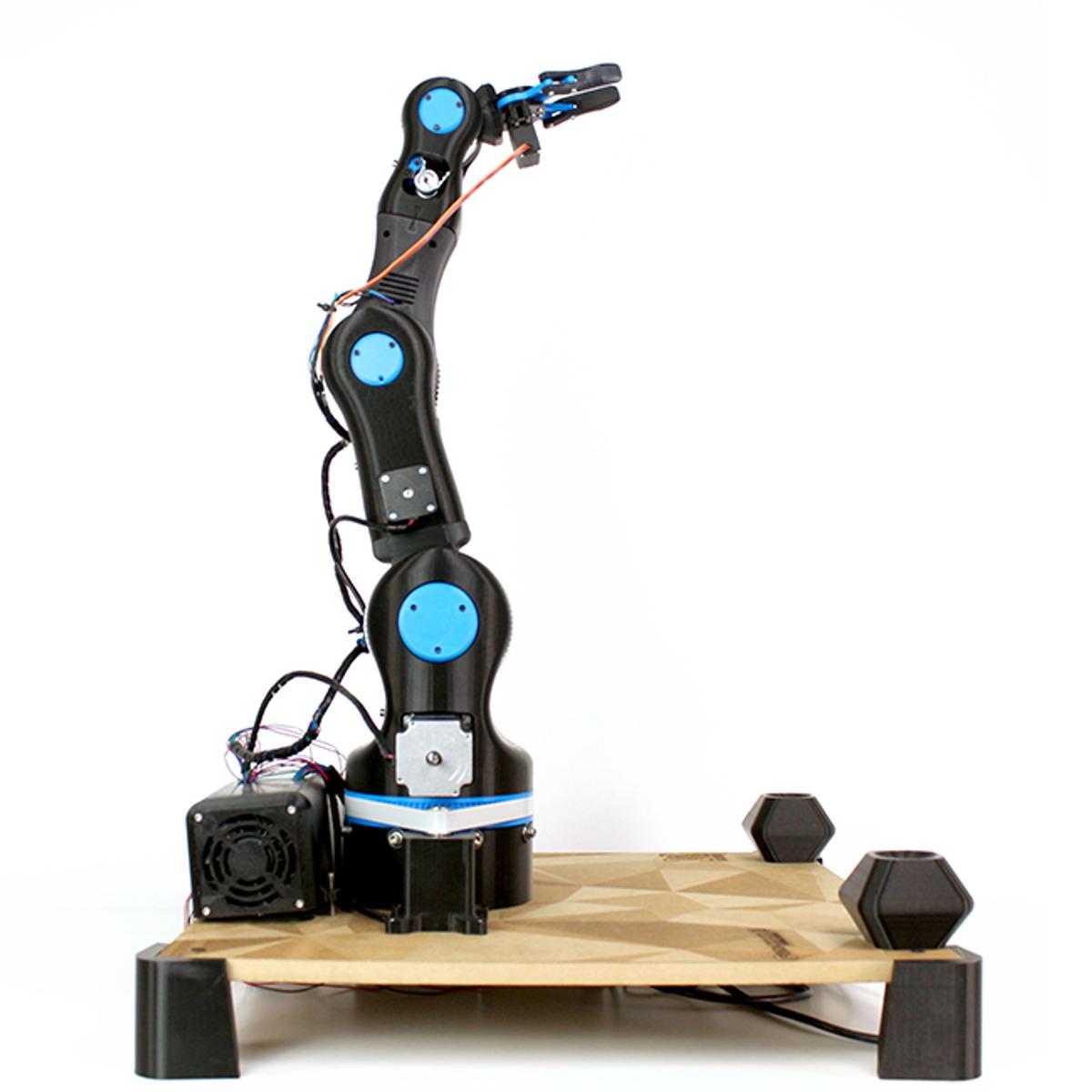
ABS
Acrylonitrile Butadiene Styrene
ABS is one of the most widely used technical materials across various industries worldwide. As an engineering material, it combines rigidity with impact resistance, making it ideal for technical applications and moving parts. Though traditionally challenging to print with FFF printers, ABS has been reformulated to improve interlayer adhesion and reduce warping. Our grade offers excellent dimensional accuracy and durability, enhancing its suitability for demanding applications.
- Key features
- Matt surface quality
- Stiffness and dimensional stability
- High impact resistance, even at low temperature (-10 ºC)
- Thermal resistance, operating temperatures up to 100 ºC
- Improved printability
- Water resistant
- Low resistance to organic solvents
Available Colours: Black, Natural
- Applications
- Parts under high mechanical stress
- Strong prototypes and end-use parts
- Aesthetic models
- Commonly used on electronic or appliances cases, suitcases and phones
- Precision fits, knobs, lids and buttons
- Rigid models with snap-fit joints
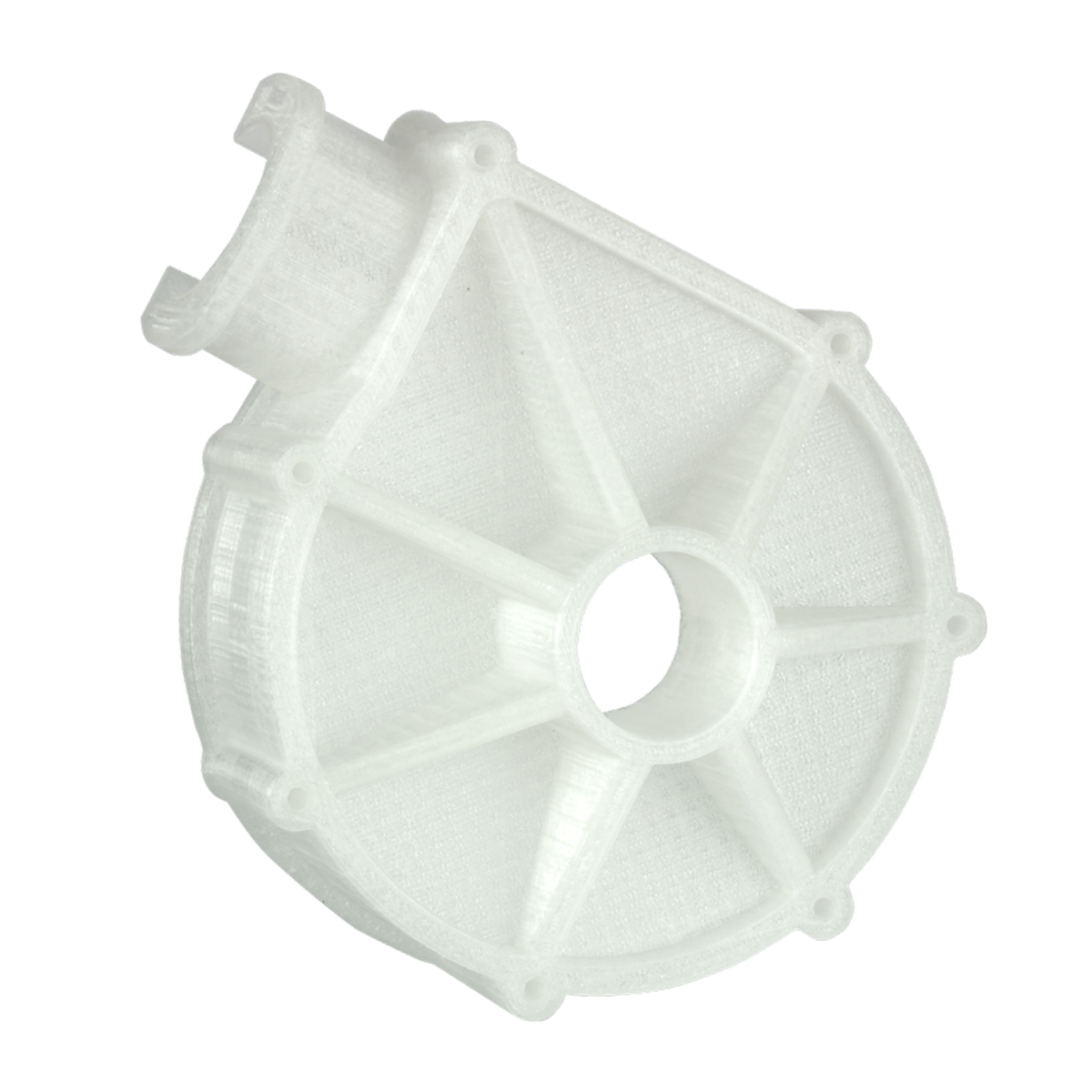
PP
Polypropylene
PP is a semicrystalline thermoplastic known for its exceptional resistance to chemical agents. It is completely inert and does not easily interact with other substances, making it a common choice for food and chemical packaging. This material is high performance thermoplastic whoch is both flexible and durable, with high impact and wear resistance. The mechanical properties of make it an ideal material for 3D-printing applications which have to endure high stress or strain.
- Key features
- Exceptional resistance to aggressive chemicals such as alkali, acids and organic solvents
- Lightweight and clear
- Flexible and resistant to impacts
- Durable and resistant to fatigue, even at low temperature (-20 ºC)
- Thermal resistance, operating temperatures up to 100 ºC
- Hydrophobic, non-stick surface
Available Colours: Natural
- Applications
- Ideal for light parts
- Commonly used in bottles, packaging and containers
- In automotive for non-structural areas of the body
- Plugs and stoppers
- Chemically aggressive environments
- Living hinges
- Pipes, joints and elements in contact with water
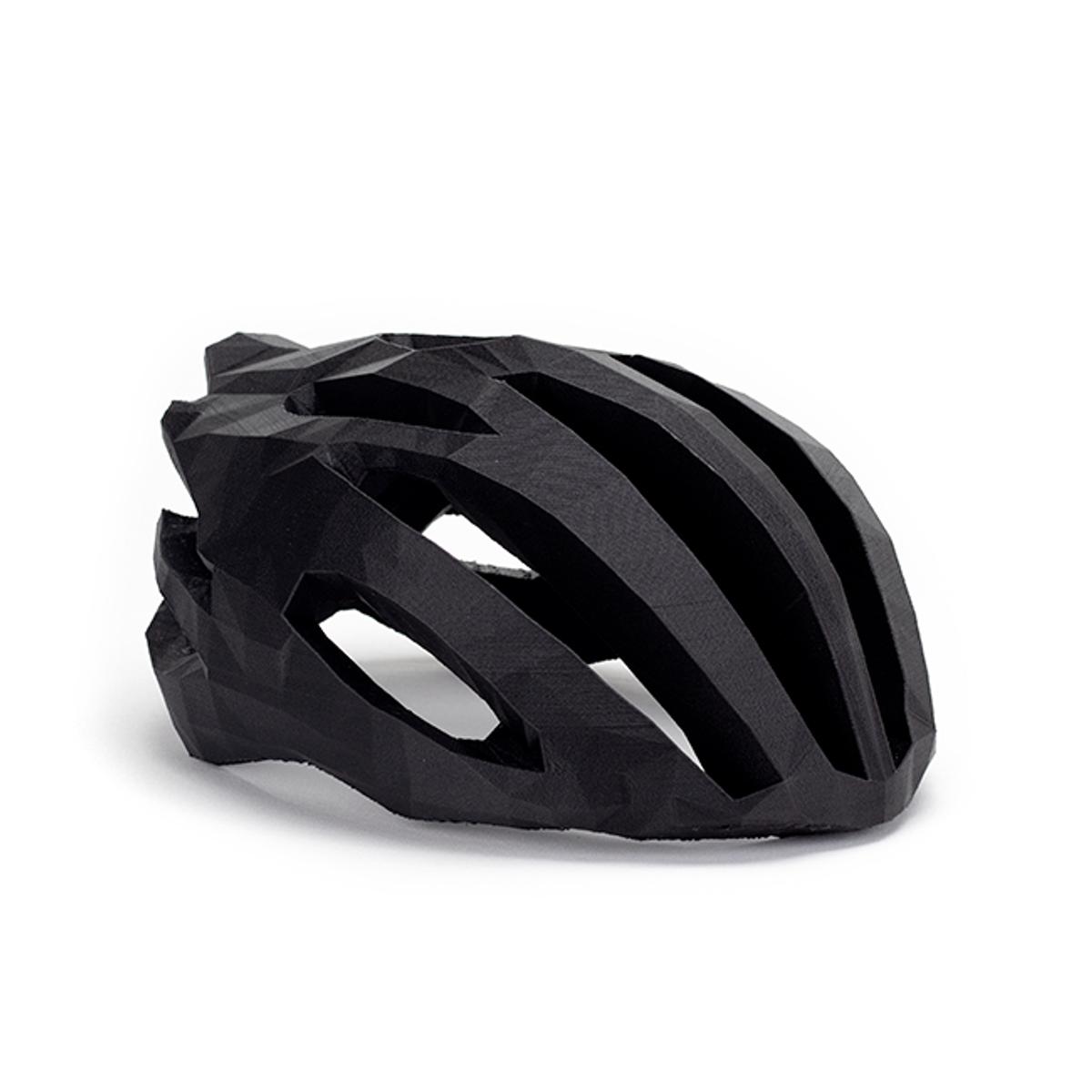
PP GF30
Polypropylene 30% Glass Fibre
PP is a widely used thermoplastic across various industries, especially in the automotive sector. Traditionally, achieving a high level of reinforcement in filament form has been challenging. PP GF30 addresses this by incorporating special glass fibers optimized for filament production and 3D printing, ensuring that printed parts remain functional under specific temperature and mechanical loads. Its UV resistance makes it superior to other PP-based filaments for applications exposed to sunlight. Unlike PA, PP absorbs minimal moisture, and combined with high glass fiber reinforcement, PP GF30 is ideal for demanding environments.
- Key features
- Combination of excellent chemical resistance, strength and stiffness
- Lightweight
- Water resistant
- UV resistant
- Resistant to aggressive environments
- Thermal resistance, operating temperatures up to 120 ºC
Available Colours: Black
- Applications
- Parts exposed to aggressive and humid environments or in contact with chemicals
- Rigid structural elements such as brackets, bars, shafts and frames
- Automotive and aerospace industry